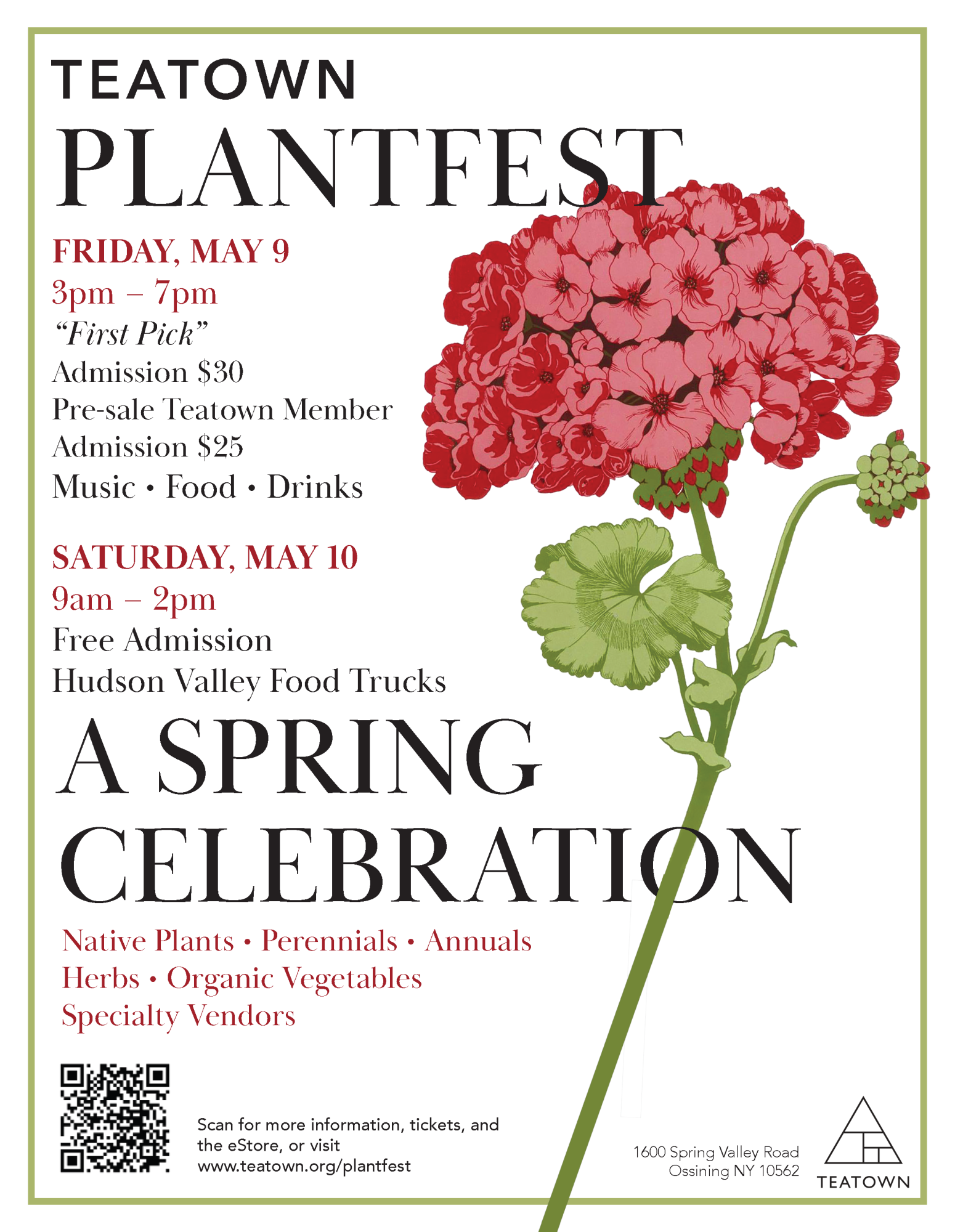Protecting & Promoting Native Plant Species in Assembly District 95
For the health of our food web and our environment, we need to protect and promote the growth of native plant species locally. Planting native species promotes environmental sustainability in a number of ways. As the Garden Club of America notes in their position paper on native plants,
All plants protect our planet’s natural resources, including air, water, and soil. Their root systems help stabilize soil and control erosion, moderate floods, and reduce runoff during heavy rains, filter water, protect wetlands, reduce water needed for landscape maintenance, and sequester carbon. Native plants do all this and more because they have evolved over thousands of years alongside native bees, birds, and wildlife. Their complex relationship with fauna is extremely specialized and it cannot be substituted with exotic, non-native plants.
A significant number of North American native species, including insects, caterpillars, birds, and other animals, are at risk of extinction because they cannot eat non-native plants. In addition, habitat loss, the use of invasive species, climate change, and pesticide use are contributing to their steep decline. To help support wildlife, many more native plants need to be planted, with varying bloom times, of differing heights, shapes and colors.
Planting native species also leads to more sustainable landscaping practices. Native plants are typically low-maintenance, having adapted to our local environment over the ages, and require less supplemental water and fewer pesticides.
This page contains resources for protecting and promoting native plant species here in Assembly District 95, and will be maintained on an ongoing basis. If you have information about an authoritative local resource or initiative that you would like my office to include on this page, please email my office at district95@nyassembly.gov.
Local resources for promoting and protecting native plants
- Sustainable Gardening tips from the New York State Department of Environmental Conservation
- Healthy Yards Westchester
- Hilltop Hanover Farm’s Native Plant Program
- Philipstown Garden Club
- Teatown Lake Reservation
- The Native Plant Center - SUNY Westchester Community College
Local Pollinator Pathway initiatives
Go to the Teatown website to learn about the concept behind pollinator pathways. Several of our local communities have established pollinator pathway programs, including Ossining, Philipstown, and Croton; connecting with local organizers is a way to get more information and network with other gardeners. The Putnam Pollinator Pathway website is a comprehensive resource containing information from the Cornell Cooperative Extension about how to start and maintain a native plant garden and connect to a pollinator pathway initiative.
Upcoming Events

